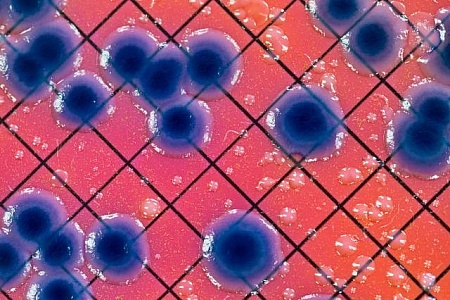Resumen
Como señala la Organización Mundial de la Salud (OMS), los alimentos involucrados con más frecuencia en casos de enfermedades transmitidas por alimentos (ETAs) son aquellos de origen animal; entre ellos, se puede mencionar la carne bovina, porcina y aviar; huevos, pescados, crustáceos, moluscos, o productos lácteos. Las enfermedades de transmisión alimentaria abarcan un amplio espectro de dolencias y constituyen un problema creciente de la salud pública, en todo el mundo. La contaminación de los alimentos puede producirse en cualquier etapa del proceso que va desde la producción hasta al consumo de alimentos (“de la granja al tenedor”) y puede, también, deberse a la contaminación ambiental, ya sea del agua, la tierra o el aire.
En este sentido, cuando hablamos de los alimentos cárnicos es de gran importancia hacer foco en la industria y en los procesos de faena, para garantizar la seguridad alimentaria. Es por esto que hacer hincapié en la Inocuidad de Alimentos, es garantizar que el consumo de un alimento no causará ninguna enfermedad o daño al consumidor. En este aspecto los brotes de Escherichia coli (E. coli) O157:H7 impactan en la confianza de toda la cadena de producción, desde los consumidores hasta los que supervisan la operación de los establecimientos que producen alimentos. Esto ha llevado a que las autoridades de los países cuestionen las reglas de juego que definen el contexto de los sistemas regulatorios en donde se desenvuelve la actividad económica y de negocios.

